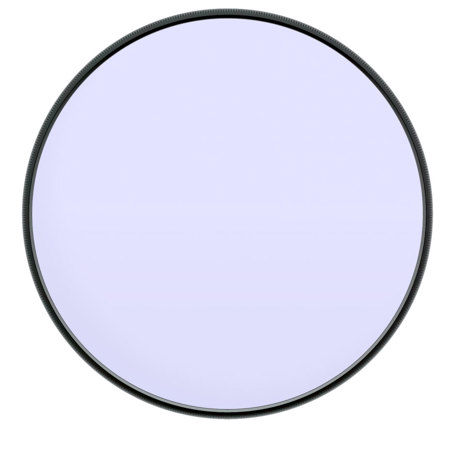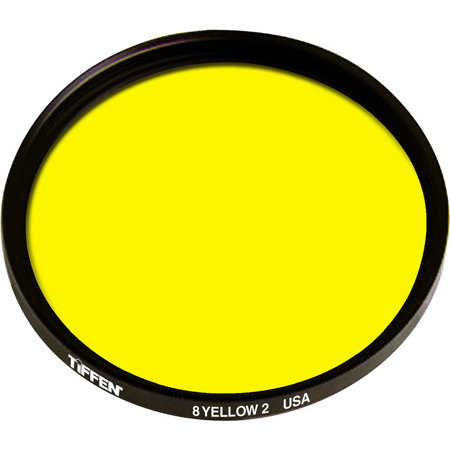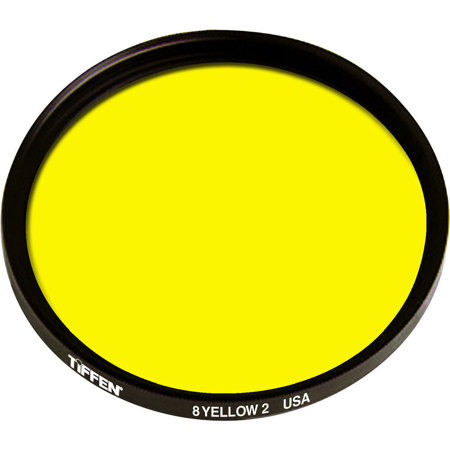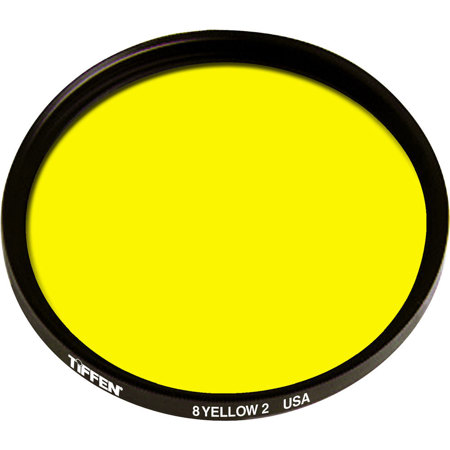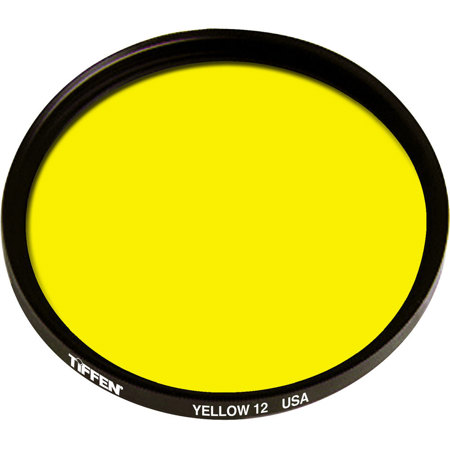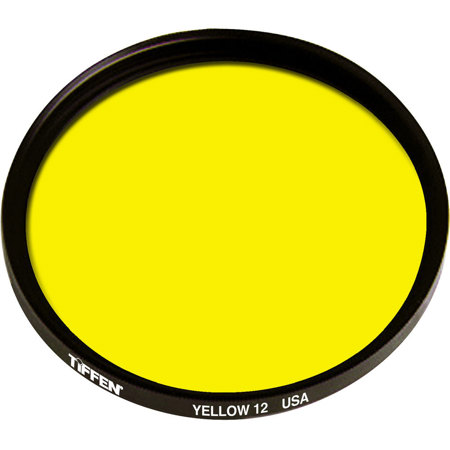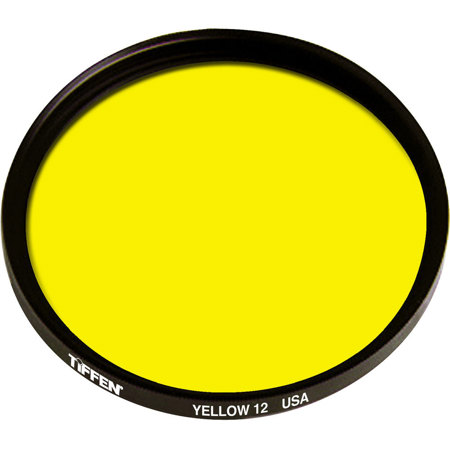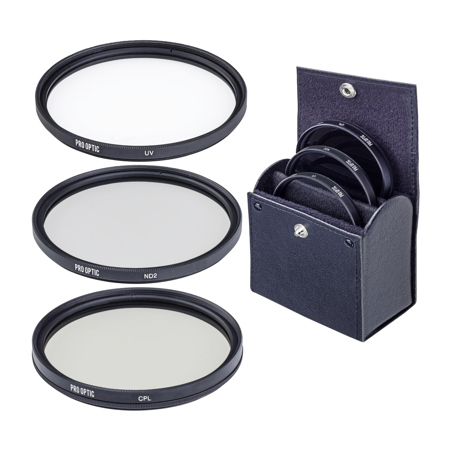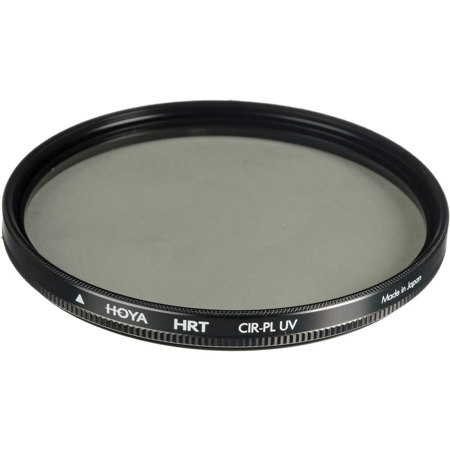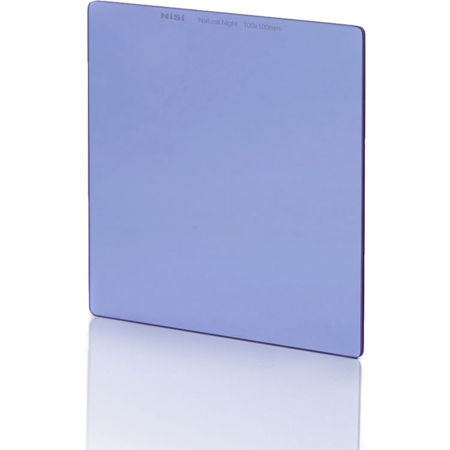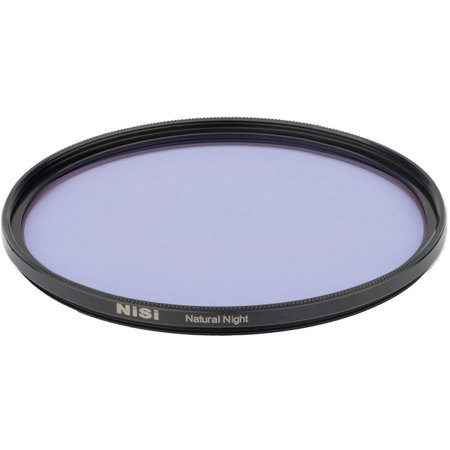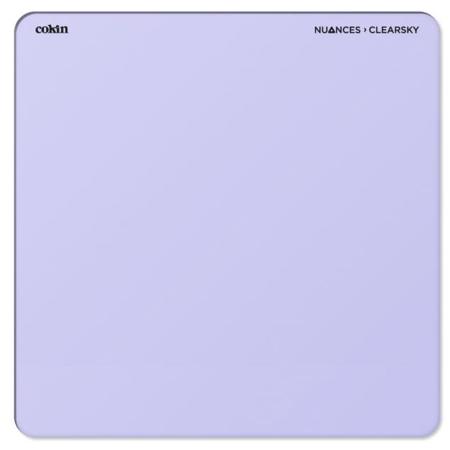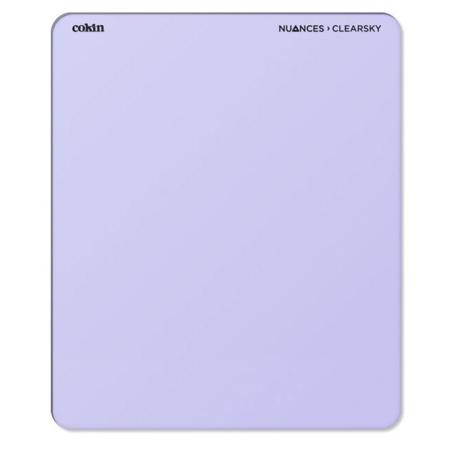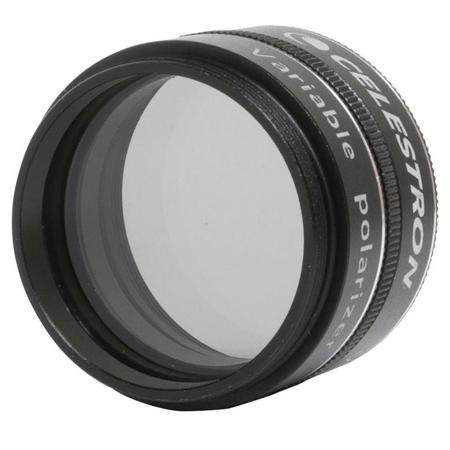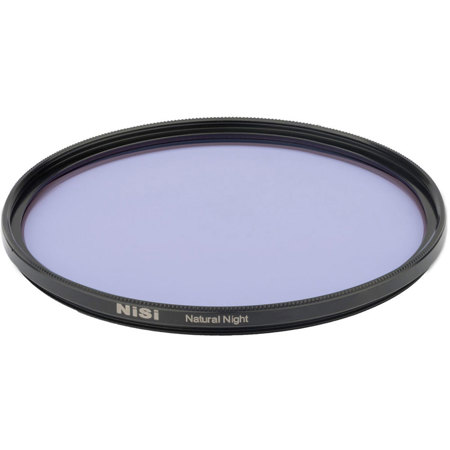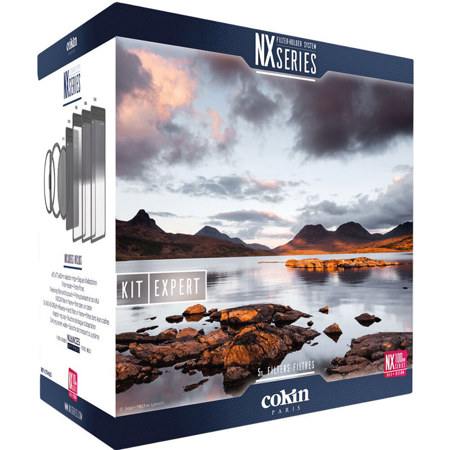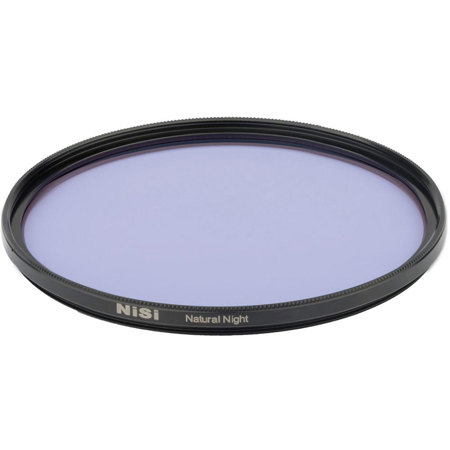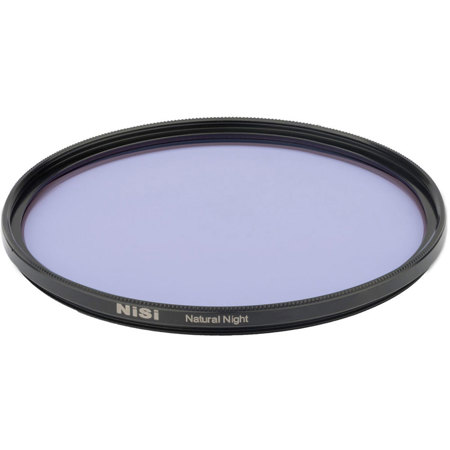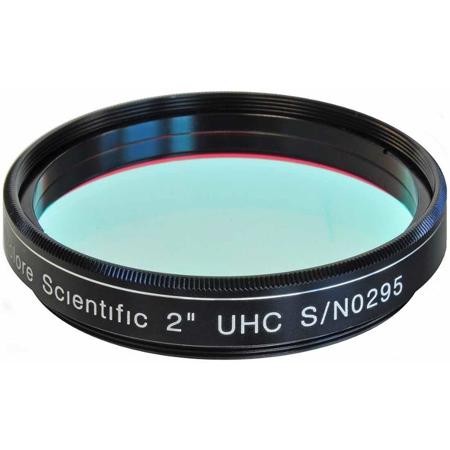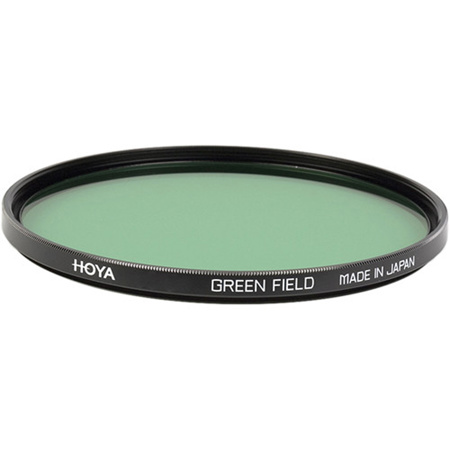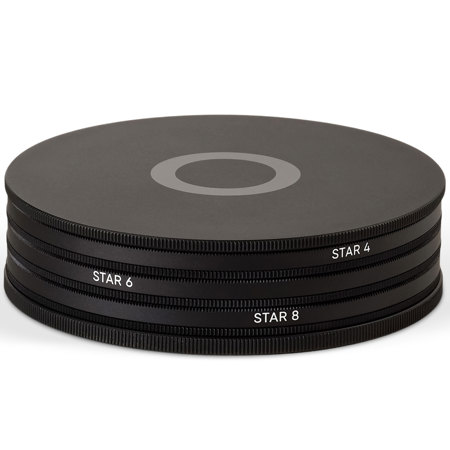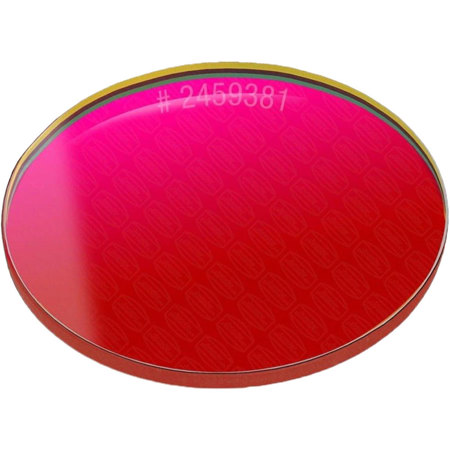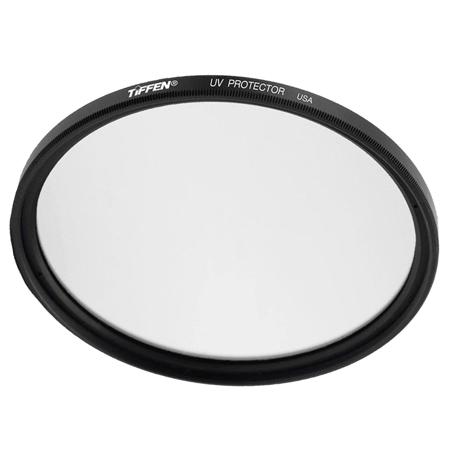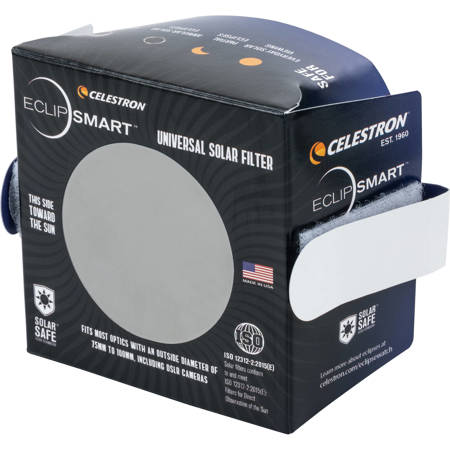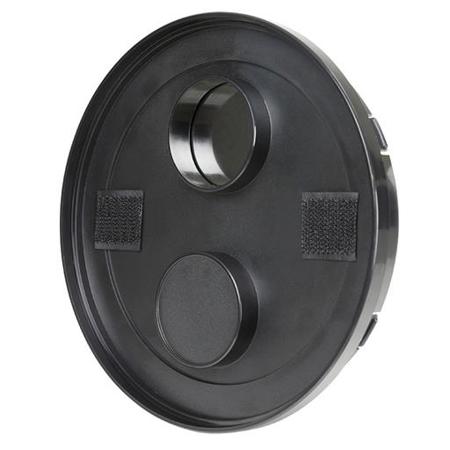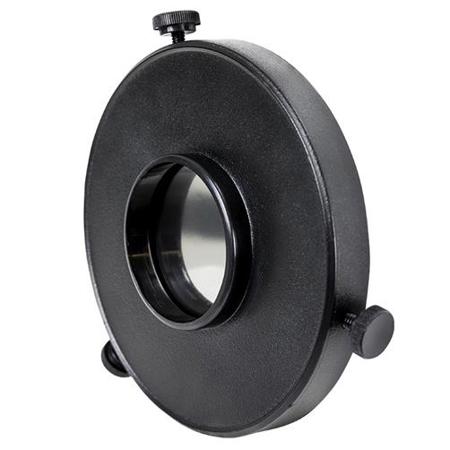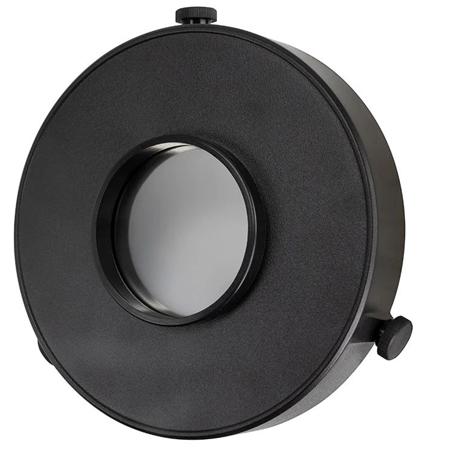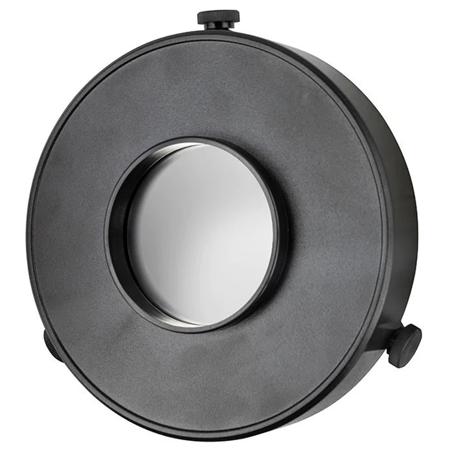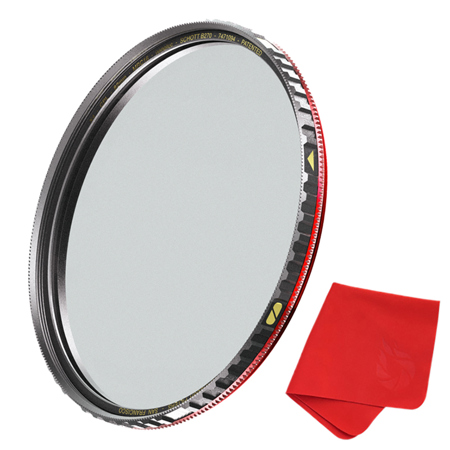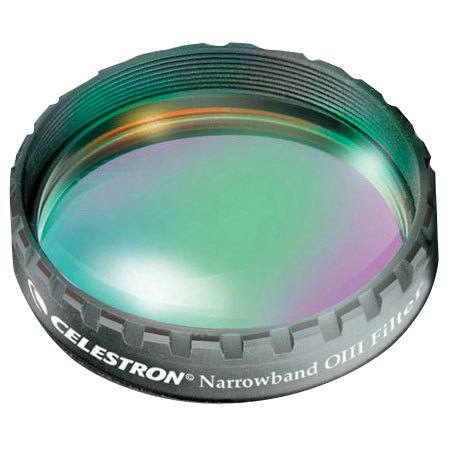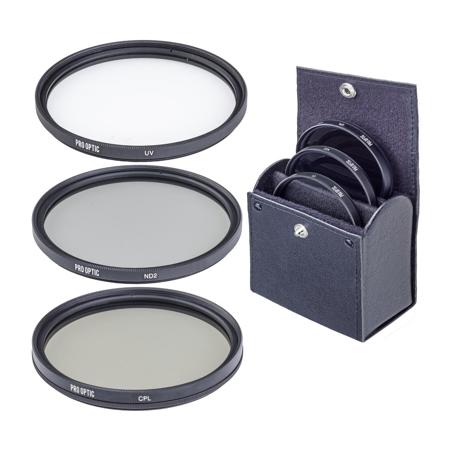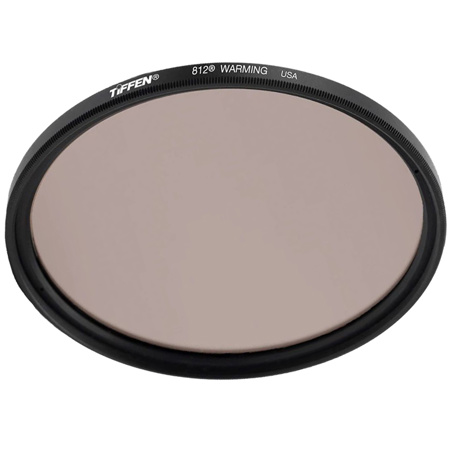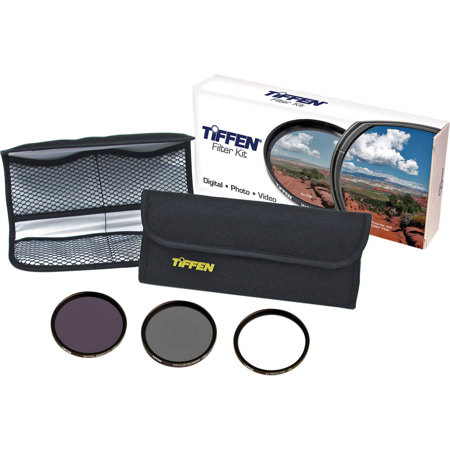Filters For Astrophotography
Astrophotography is a pursuit that blends technical skill with a sense of wonder, inviting photographers to capture the beauty of the night sky in all its celestial glory. As summer nights stretch longer in August, the Milky Way arches overhead and meteor showers streak across the darkness, making this season a favorite for both seasoned stargazers and those just starting to explore the cosmos through their cameras. The right astrophotography filter can make all the difference, cutting through light pollution, enhancing contrast, and revealing details that are invisible to the naked eye. Whether you’re setting up your tripod in a remote field, venturing out to a dark-sky park, or simply shooting from your backyard, filters are essential tools for anyone hoping to bring out the subtle colors and intricate structures of nebulae, galaxies, and star clusters. For those living in or near urban areas, a well-chosen light pollution filter—such as a hoya r72 filter light pollution astrophotography enthusiasts often rely on—can transform washed-out skies into deep, velvety backdrops that let the stars truly shine.
Selecting the best filters for astrophotography is a deeply personal process, shaped by your location, equipment, and the subjects you most want to capture. Deep-sky imagers may reach for narrowband filters to isolate specific wavelengths emitted by nebulae, while wide-field shooters might prefer broadband options that subtly enhance overall contrast without distorting natural colors. For those hoping to capture the subtle reds of hydrogen-alpha emission or the haunting glow of distant galaxies, specialized astrophotography filters can unlock new creative possibilities. These filters also make thoughtful gifts for astronomy lovers, students embarking on their first astrophotography projects, or anyone who’s ever looked up at the stars and wondered how to photograph their favorite constellations. There’s a certain magic in sharing the experience—handing someone a filter and watching their excitement as faint details emerge in their images for the first time. And while filters for night sky imaging are essential, it’s worth remembering that daytime celestial events also benefit from the right gear; if your interests extend to solar photography, you’ll find a curated selection of Filters For Sun Photography as well.
In practice, using an astrophotography filter is about more than just technical improvement—it’s about deepening your connection to the universe. On a clear August night, as you set your camera’s exposure and watch the stars slowly wheel overhead, the right filter can reveal colors and structures that transform a simple snapshot into a work of art. Many photographers recall the first time they used a dedicated filter and saw the Milky Way’s dust lanes or the vibrant hues of a planetary nebula stand out against the night sky. These moments are what inspire us to keep refining our craft, seeking out new locations, and sharing our passion with others. Whether you’re planning a solo expedition under the Perseid meteor shower or gathering with friends for a stargazing party, investing in quality filters will help you create images that capture the awe and mystery of the cosmos. With the best filters for astrophotography in your kit, every clear night becomes an opportunity to explore, experiment, and discover new wonders above.
Selecting the best filters for astrophotography is a deeply personal process, shaped by your location, equipment, and the subjects you most want to capture. Deep-sky imagers may reach for narrowband filters to isolate specific wavelengths emitted by nebulae, while wide-field shooters might prefer broadband options that subtly enhance overall contrast without distorting natural colors. For those hoping to capture the subtle reds of hydrogen-alpha emission or the haunting glow of distant galaxies, specialized astrophotography filters can unlock new creative possibilities. These filters also make thoughtful gifts for astronomy lovers, students embarking on their first astrophotography projects, or anyone who’s ever looked up at the stars and wondered how to photograph their favorite constellations. There’s a certain magic in sharing the experience—handing someone a filter and watching their excitement as faint details emerge in their images for the first time. And while filters for night sky imaging are essential, it’s worth remembering that daytime celestial events also benefit from the right gear; if your interests extend to solar photography, you’ll find a curated selection of Filters For Sun Photography as well.
In practice, using an astrophotography filter is about more than just technical improvement—it’s about deepening your connection to the universe. On a clear August night, as you set your camera’s exposure and watch the stars slowly wheel overhead, the right filter can reveal colors and structures that transform a simple snapshot into a work of art. Many photographers recall the first time they used a dedicated filter and saw the Milky Way’s dust lanes or the vibrant hues of a planetary nebula stand out against the night sky. These moments are what inspire us to keep refining our craft, seeking out new locations, and sharing our passion with others. Whether you’re planning a solo expedition under the Perseid meteor shower or gathering with friends for a stargazing party, investing in quality filters will help you create images that capture the awe and mystery of the cosmos. With the best filters for astrophotography in your kit, every clear night becomes an opportunity to explore, experiment, and discover new wonders above.
